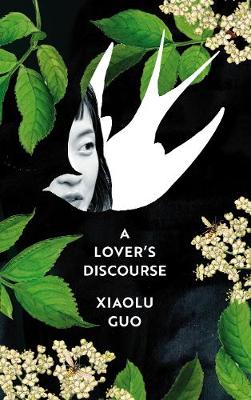What do you think?
Rate this book


271 pages, Hardcover
First published August 13, 2020
The idea was that slavery was at the heart of a capitalistic system where reproduction was the main engine. All the things I wrote about originality were kind of beside the point. Originality is a fetish of people who want to control the art market and the publishing industry. It’s also a fetish of academics, particularly the males and old farts. What I was really interested in – though right then even this was blurring in my mind – were the sweating workers in Chinese villages. It was their lives, their anonymity, their way of looking at Western classics, and their purely pragmatic attitude. I loved being with those artisans and feeling their energy and their lack of self-consciousness. They were not precious in any way about their work, or about their life. But they were full of heart, and at the same time they were not clinging to their achievements. They were part of the flow of life. I had come from the same culture, and I felt I could not make this clear or make Westerners understand. The Western language and mentality did not allow me to do it.
If A Lover’s Discourse by Roland Barthes is a novelistic essay, Xiaolu Guo’s book of the same name is an essayistic novel. In short chapters, and with hypnotically measured language, Guo studies the relationship between two lovers as a union and an alliance, yes, but also as a confrontation, an argument, and a struggle.
The book charts the evolution of a love affair between a nameless film student, who has moved to London from China, and a half-German, half-Australian landscape architect. Brexit looms large, as does isolation, as Guo describes the emotional and psychological landscape navigated by immigrants to Britain. Most impressive of all is the close attention she pays to a country’s language – not just the literal meaning of words, but also the moods they impart. Doing so, she makes the texture of daily life appear strange and new.
I see a huge problem with what’s on the university list,” she continues, pointing to the disproportionate presence of European thinkers “even in China.” She observes how east Asian students in the west can face a lot of “unjust prejudice” for having not read Thomas Hardy or Virginia Woolf at their universities: “but have you read Wang Wei; have you read Li Bai, have you read Lu Xun?” she says, listing China’s great historical poets.
But I was afraid I would never learn to speak German. Sometimes I thought I should take the baby back to China. I could find a job there. But the thought of returning to China made me feel disempowered and physically ill. I had been uprooted. I wouldn’t be able to survive if I tried to transport myself back again.